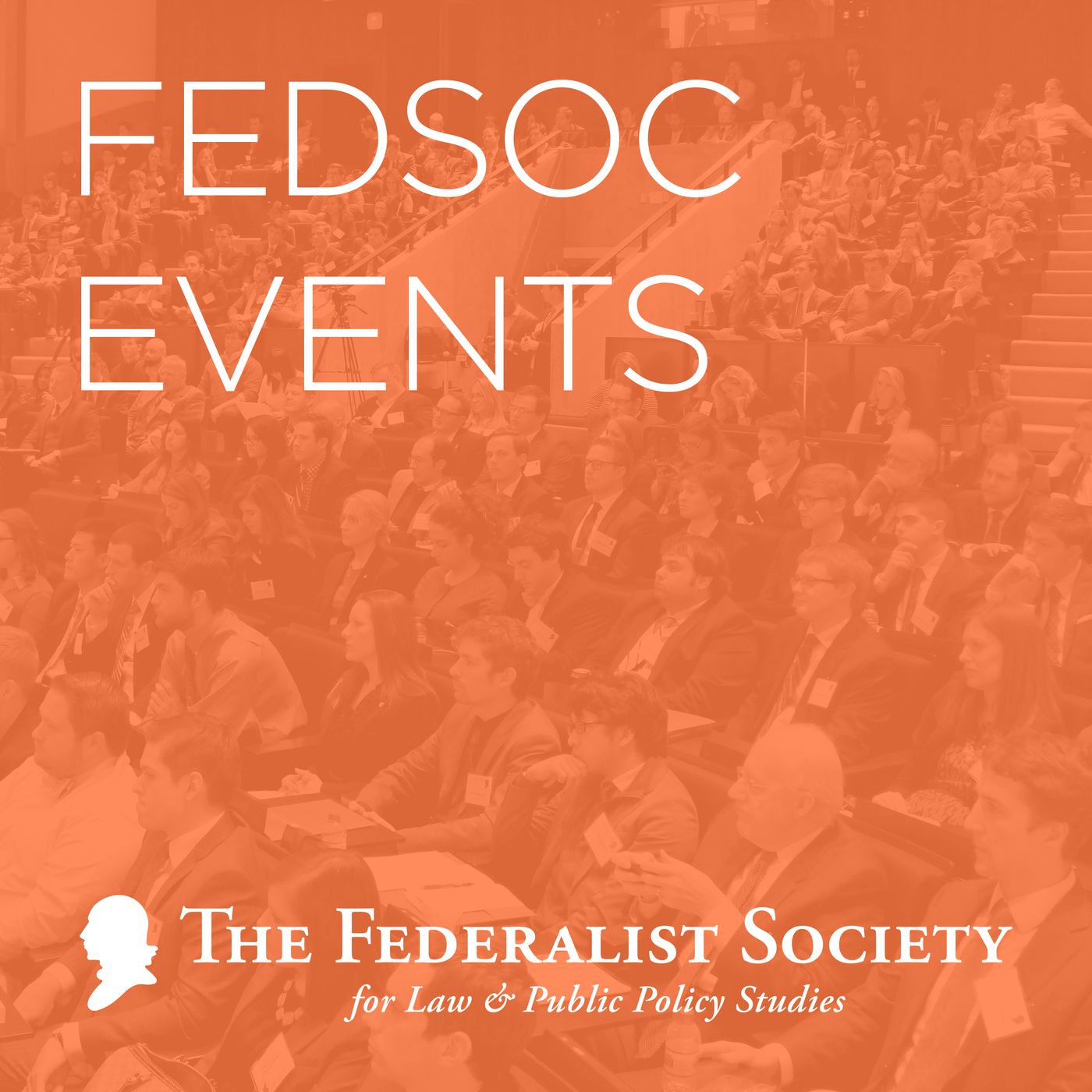- News
- Politics
- SEE MORE
- classical
- general
- talk
- News
- Family
- Bürgerfunk
- pop
- Islam
- soul
- jazz
- Comedy
- humor
- wissenschaft
- opera
- baroque
- gesellschaft
- theater
- Local
- alternative
- electro
- rock
- rap
- lifestyle
- Music
- como
- RNE
- ballads
- greek
- Buddhism
- deportes
- christian
- Technology
- piano
- djs
- Dance
- dutch
- flamenco
- social
- hope
- christian rock
- academia
- afrique
- Business
- musique
- ελληνική-μουσική
- religion
- World radio
- Zarzuela
- travel
- World
- NFL
- media
- Art
- public
- Sports
- Gospel
- st.
- baptist
- Leisure
- Kids & Family
- musical
- club
- Culture
- Health & Fitness
- True Crime
- Fiction
- children
- Society & Culture
- TV & Film
- gold
- kunst
- música
- gay
- Natural
- a
- francais
- bach
- economics
- kultur
- evangelical
- tech
- Opinion
- Government
- gaming
- College
- technik
- History
- Jesus
- Health
- movies
- radio
- services
- Church
- podcast
- Education
- international
- Transportation
- Other
- kids
- podcasts
- philadelphia
- Noticias
- love
- sport
- Salud
- film
- and
- 4chan
- Disco
- Stories
- fashion
- Arts
- interviews
- hardstyle
- entertainment
- humour
- medieval
- literature
- alma
- Cultura
- video
- TV
- Science
- en
Technology, Social Media and Professional Ethics

To what extent can the legal community engage in social media: a critical means to connect and network in the 21st century? To what degree are judges held to higher standards when posting, liking, and retweeting what may be controversial content? In this day and age, when much of America gets its news from social media, the legal community can ill afford to disengage. Justice Don Willett of the Texas Supreme Court, who has been dubbed “the most famous judge on Twitter,” due to his commentary on sports, family, politics, and cultural issues, said he errs on the side of self-censorship: “Usually what goes through my mind before I hit the tweet button is, did I misspell or mis-grammatize anything, but also, is this worth polluting the interwebs with for posterity?”
The possibility of endangering a citizen’s view of their lawyer or an unbiased judiciary seems clear. Critics of the practice argue that a judge should have a more controlled demeanor than is conducive to frequent, polarizing online posting. On the other hand, David Lat, founder of the popular Above the Law blog, has the view that we should be more concerned about what judges and lawyers are writing in their opinions and briefs than online on personal accounts. This panel aims to discuss the tenuous ground on which advocates and judges must tread in the coming years.
Prof. Josh Blackman, Associate Professor of Law, South Texas College of Law
Mr. John Browning, Shareholder, Passman & Jones
Hon. Stephen Dillard, Chief Judge, Georgia Court of Appeals
Mr. David Lat, Founder, Above The Law
Moderator: Hon. Don Willett, United States Court of Appeals, Fifth Circuit